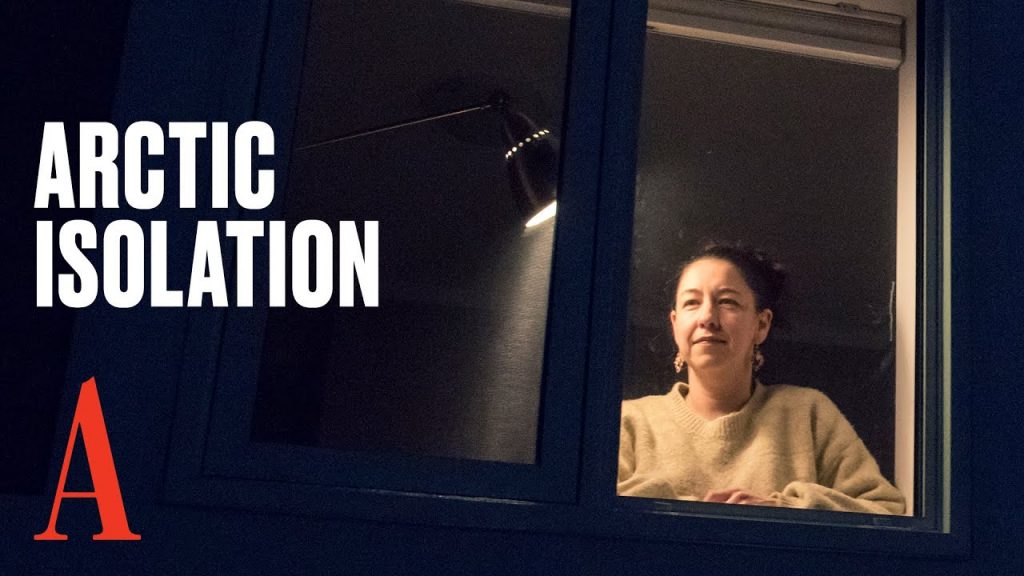I was sex trafficked for years. Brothels are hidden in plain sight

Sex trafficking may be happening behind the walls of businesses you pass daily
Including some of the massage parlours and holistic centres in your community. Casandra Diamond shares a harrowing story of her experience inside these modern day brothels: in this raw and honest talk, learn about the systemic issues that enable businesses to operate in plain sight and how you can help to advocate for change. Casandra is the founding director of BridgeNorth, a survivor-led charitable organization that provides programs to assist victims of sexual exploitation and human trafficking. Her work includes investing in public education, awareness, and advocacy at all levels of government including supporting Bill C-36 which is now law as the Protection of Communities and Exploited Persons Act.
What are some of the factors that make individuals vulnerable to being trafficked for sex?
As an issue that continues to plague societies worldwide, sex trafficking is a devastating crime that affects millions of people every year. According to the International Labour Organization, approximately 4.8 million people are trapped in forced sexual exploitation globally.
I am one of those people. I was trafficked for several years, and it is a reality that I know all too well. My story is not a unique one. It is the story of countless individuals who have experienced the same plight as I have. And, I know from my own experience that brothels are often hidden in plain sight.
Traffickers capitalize on vulnerable individuals, including those with low income, low levels of education, and a lack of support from family and friends. Initially, I was lured by the promise of a job and a better life. However, before I knew it, I found myself coerced into selling my body for the financial benefit of others.
Many brothels operate in plain sight, in residential neighborhoods, and commercial areas, yet they remain hidden. In my experience, brothels often appear as seemingly harmless businesses such as beauty parlors, massage parlors, and even nail salons. These establishments, while operating under the guise of legitimate businesses, are a front for the sex industry.
In some instances, traffickers go as far as renting hotel rooms or apartments to use as their operating base. These locations are used to facilitate the process of acquiring and abusing victims. Because these establishments appear to be legitimate businesses, they are often overlooked by authorities, providing traffickers with the freedom to operate with impunity.
The regulation and monitoring of the sex industry are critical to eradicating sex trafficking. We must continue to raise awareness of this issue, and governments must implement strong policies to combat it. Additionally, we need to improve training for law enforcement who are often the first to come into contact with victims. They need to have the necessary skills to recognize and deal with cases of sex trafficking better.
The support of society is crucial. As individuals, we can help by looking out for small details such as unusual foot traffic in residential areas, suspicious activity around commercial enterprises, and even a sudden influx of strangers in a locality. It is also essential to offer support to vulnerable members of the community and to report any suspicious activity to local authorities.
In conclusion, the reality of sex trafficking is harrowing, and it affects individuals in all parts of the world. Brothels are often hidden in plain sight, and the fight against sex trafficking will require collaboration between government, law enforcement, and society at large. With the right policies, training, and awareness, we can eradicate sex trafficking and protect those who are most vulnerable to its abuse.









Burning Man
A Year in the Wilderness | Off Grid and Self Reliant in a Log Cabin
World of Cryonics – Technology That Could Cheat Death
How a Woman Survived Falling 33,000 Feet Without a Parachute
A Year in the Wilderness | Off Grid and Self Reliant in a Log Cabin